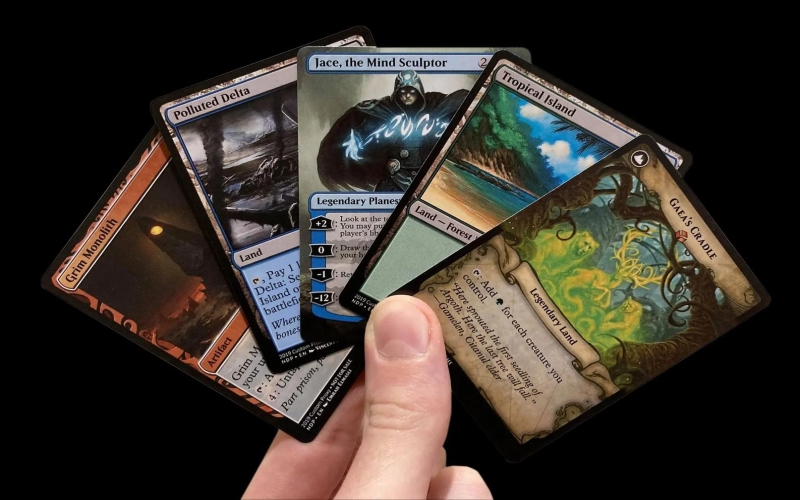In the realm of Magic: The Gathering (MTG), a game celebrated for its complexity, strategic depth, and community, proxy cards hold a unique and somewhat controversial position. Proxies are unofficial MTG cards created to stand in for official ones in casual play, testing environments, or cases, high-level tournaments where originals might be at risk of damage. Understanding the features of MTG proxy cards can help players navigate their use and significance within the MTG community. This article delves into the characteristics that define MTG Proxy cards, their accepted use, and the ongoing debate surrounding their legitimacy.
Creation and Customization
One of the notable features of proxy cards is the ability for customization. Players can create proxies for cards that are otherwise rare, expensive, or out of print, making it easier to test different strategies or play casually without a significant financial investment. This customization can extend to altering artwork or card text for personal enjoyment or clarity during gameplay, although such modifications are generally not accepted in any official capacity.
Accessibility and Inclusivity
Proxies significantly lower the barrier to entry for new players or those unable to invest in costly decks. By using proxies, players can experience a range of gameplay strategies. And deck builds without the prohibitive costs of acquiring some rare and powerful cards. This inclusivity fosters a more diverse player base and encourages experimentation and learning within the game.
Visual and Physical Characteristics
MTG proxy cards often vary significantly in quality, ranging from simple, handwritten notes on scraps of paper to high-quality prints that closely mimic the appearance of genuine MTG cards. High-end proxies might even attempt to replicate the feel and weight of cards, although discerning players can usually spot differences. The quality of a MTG Proxy often reflects its intended use, whether for casual play among friends or more formal, yet still unofficial, tournament settings.
Ethical and Legal Considerations
The use of proxy cards is a contentious issue within the MTG community. While Wizards of the Coast (WotC), the creators of MTG, allow the proxies in unsanctioned events, the production and distribution of counterfeit cards are strictly prohibited. It’s essential to distinguish between proxies made for personal use in casual play and counterfeits intended to deceive. Ethically, the community often debates the impact of proxies on the game’s economy, the value of cards, and the respect for copyright and intellectual property.
Community and Tournament Use
The acceptance of proxy cards varies widely across the MTG community. Proxies are encouraged in casual play groups because they provide a varied gaming environment and let players try new decks and tactics. However, in sanctioned tournaments and competitive play, proxies are generally not allowed, preserving the integrity of the game and ensuring fairness among participants. Some local game stores and community-run tournaments might permit proxies to encourage participation and inclusivity, provided all players agree to their use.
Conclusion
MTG proxy cards embody a complex intersection of accessibility, ethics, and community norms. While they offer a pathway for inclusive and exploratory gameplay, they also prompt ongoing discussions about the value of authenticity, the importance of copyright, and the definition of fair play.

